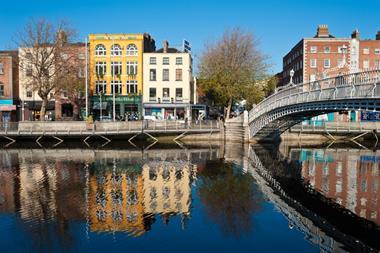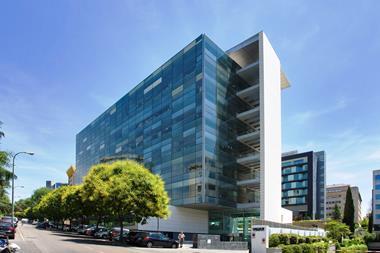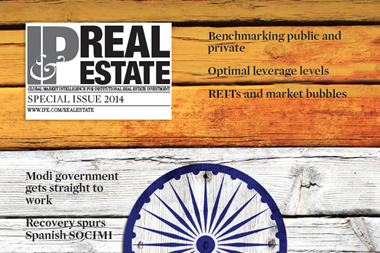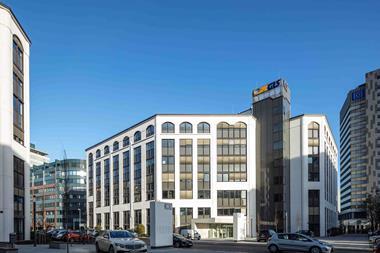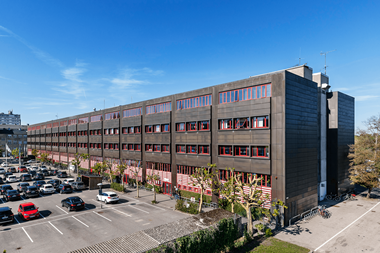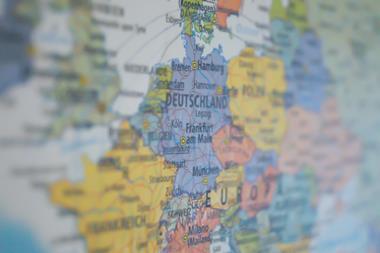The European Public Real Estate Association (EPRA) has welcomed Italy’s modifications of its REIT regime.
Last month, the Italian government presented changes to the country’s Società di Investimento Immobiliare Quotate (SIIQ) model as part of its Unblock Italy reforms package.
Faced with OECD forecasts of 0.4% and 0.1% growth for this and next year, Matteo Renzi’s coalition government is looking to stimulate the Italian economy through a wide range of reforms.
Rome’s changes to Italy’s REIT rules will, EPRA said, “significantly enhance” the appeal of the country’s listed property sector to international investors. At present, just a handful of REITs are active and conversion to the structure has been limited since its launch in 2007.
Among the proposals published this week and set to be ratified in the coming weeks is a lifting of the ceiling for majority shareholding. At present, single shareholders cannot hold more than 51% of a SIIQ. That will be raised to 60% under the new REIT model.
Dividend distribution will also be modified, as would income from net capital gains as Italy looks to compete with other REIT regimes.
Italian real estate association Assoimmobiliare also welcomed the changes, which are hoped will make Italian real estate more attractive to long-term investors.
Association president Aldo Mazzocco, who is also head of Italian REIT Beni Stabili, said the political will and the technical steps taken to simplify rules were “clear and very welcome”.
“These are very important decisions that align Italy with the best European real estate markets, especially the French and the English ones,” he said.
Philip Charls, EPRA’s CEO, said the move was an “encouraging step for the Italian real estate market.”
The Italian government, he added, had noted the “robust health” of France’s REIT sector, as well as the launch of the model in Spain and in Ireland.
As reported in the latest edition of IP Real Estate, REITs are enjoying a revival of late. As well as Ireland and Spain, India has also taken major steps in 2014, following the election of a new government.







